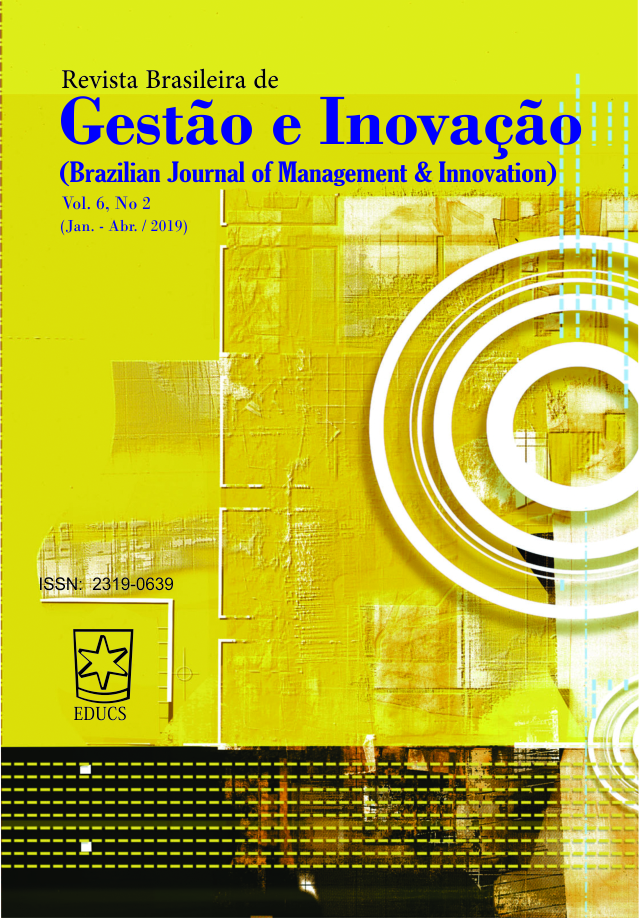ANALYSIS OF FAMILIAR BUSINESSES AND THEIR DIFFICULTIES IN THE PROFESSIONALIZATION PROCESS | ANÁLISE DE EMPRESAS FAMILIARES E SUAS DIFICULDADES NO PROCESSO DE PROFISSIONALIZAÇÃO
Keywords:
family business, external managers, professionalizationAbstract
Our study aims to identify the main difficulties faced by family and non-family managers in the process of a family business professionalization. The method applied is initially characterized as exploratory, resulting from the need to search the literature produced on this topic. Our method was the multiple case studies, with three family businesses with family and non-family managers. Information and data collection were carried out with pre-scheduled interviews with CEOs and business managers while following a semi-structured script. We applied open-ended questions, which were carried out individually, recorded and transcribed with the goal of highlighting common points in the reports of the interviewees, as well as confronting them. We analyzed the content based on the theoretical foundation carried out qualitatively. Thus, we were able to confront the theory to the firms’ reality, making it possible to reach the main goal of this study. The interviewees assigned the difficulties of the professionalization to some common factors among them, such as lack of feedback, overconfidence, miscommunication, and favoritism. These characteristics were confirmed by the interviewees. It is evident that despite the difference of each firm lifespan, the common ground is the same, and the difficulties in the process of professionalization are also similar regardless of the stage of the process.
Downloads
Published
How to Cite
Issue
Section
License
The author must guarantee that:
- there is full consensus among all the coauthors in approving the final version of the document and its submission for publication.
- the work is original, and when the work and/or words from other people were used, they were properly acknowledged.
Plagiarism in all of its forms constitutes an unethical publication behavior and is unacceptable. Revista Brasileira de Gestão e Inovação has the right to use software or any other method of plagiarism detection.
All manuscripts submitted to RBGI - Revista Brasileira de Gestão e Inovação go through plagiarism and self-plagiarism identification. Plagiarism identified during the evaluation process will result in the filing of the submission. In case plagiarism is identified in a manuscript published in the journal, the Editor-in-Chief will conduct a preliminary investigation and, if necessary, will make a retraction.
This journal, following the recommendations of the Open Source movement, provides full open access to its content. By doing this, the authors keep all of their rights allowing Revista Brasileira de Gestão e Inovação to publish and make its articles available to the whole community.
RBGI - Revista Brasileira de Gestão e Inovação content is licensed under a Creative Commons Attribution 4.0 International License.
Any user has the right to:
- Share - copy, download, print or redistribute the material in any medium or format, linking to RBGI site.
- Adapt - remix, transform and build upon the material for any purpose, even commercially.
According to the following terms:
- Attribution - You must give appropriate credit, provide a link to the license, and indicate if changes were made. You may do so in any reasonable manner, but not in any way that suggests the licensor endorses you or your use.
- No additional restrictions - You may not apply legal terms or technological measures that legally restrict others from doing anything that the license permits.
#RBGI







